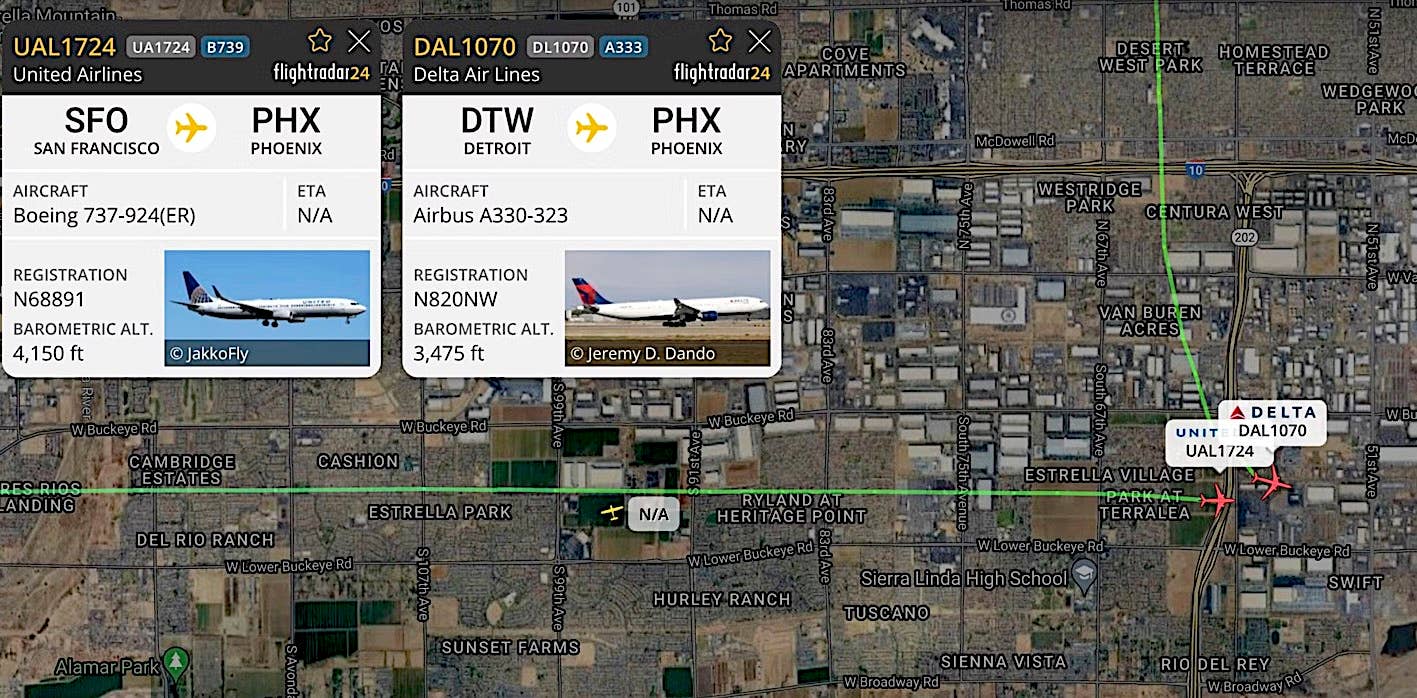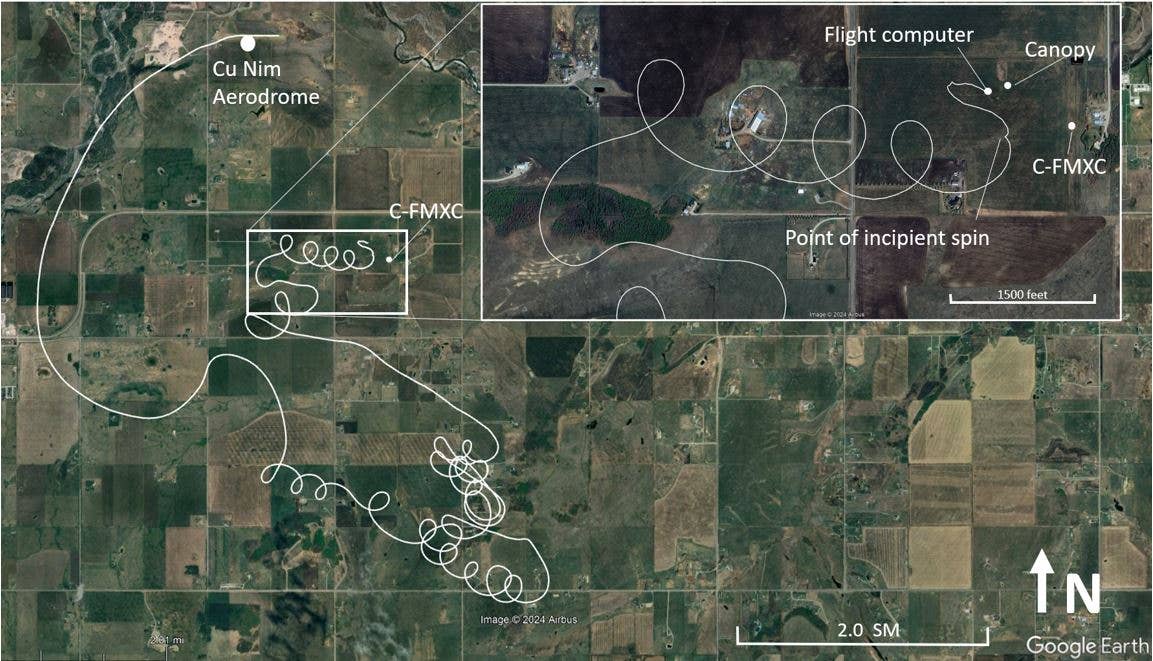Emirates Resumes Service To U.S. After 5G Halt
Dubai-based Emirates Airline has resumed flights to all of its U.S. destinations following a halt beginning Tuesday due to the planned rollout of 5G networks near U.S. airports. The airline,…

Image: Emirates Airline
Dubai-based Emirates Airline has resumed flights to all of its U.S. destinations following a halt beginning Tuesday due to the planned rollout of 5G networks near U.S. airports. The airline, which operates a fleet of Boeing 777s and Airbus A380s, said it suspended services to destinations including Chicago, Dallas-Fort Worth, Miami, Newark, Orlando and Seattle based on an FAA advisory and Boeing recommendations regarding potential radar altimeter disruptions related to 5G interference. As previously reported by AVweb, the launch of Verizon and AT&T’s 5G C-Band wireless broadband networks—originally scheduled for Dec. 5, 2021—was delayed for a third time on Tuesday.
5G concerns also led Emirates to swap out its 777s for routes to Boston, Houston and San Francisco on Jan. 20 and 21, temporarily replacing them with A380s. The airline plans to resume 777 operations on those routes on Saturday. The rest of its U.S. flights were unaffected.
“We apologize for the inconvenience caused to our customers by the temporary suspension of flights to some of our US destinations,” said Emirates Airline President Tim Clark. “Safety will always be our top priority, and we will never gamble on this front. We welcome the latest development which enables us to resume essential transport links to the US to serve travellers and cargo shippers. However, we are also very aware that this is a temporary reprieve, and a long-term resolution would be required.”
Earlier this month, the FAA published more than 1,400 Notices to Air Missions (NOTAMs) related to the 5G rollout, prohibiting operations such as the use of head-up display (HUD) and enhanced flight vision systems (EFVS) to touchdown, autoland and helicopter operations requiring radar altimeter data including hover autopilot modes and CAT A/B performance class takeoffs and landings unless operators could meet approved alternate methods of compliance (AMOCs). The agency announced yesterday that it has currently issued approvals for 13 altimeters, allowing an estimated 78 percent of the U.S. commercial fleet “to perform low-visibility landings at airports where wireless companies deployed 5G C-band.” The FAA reports that it is continuing to work on determining which altimeters are reliable and accurate where 5G is deployed.






